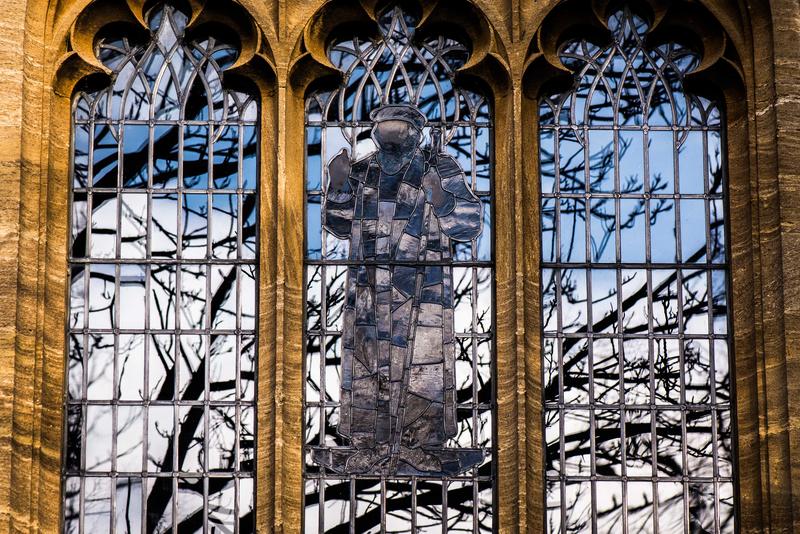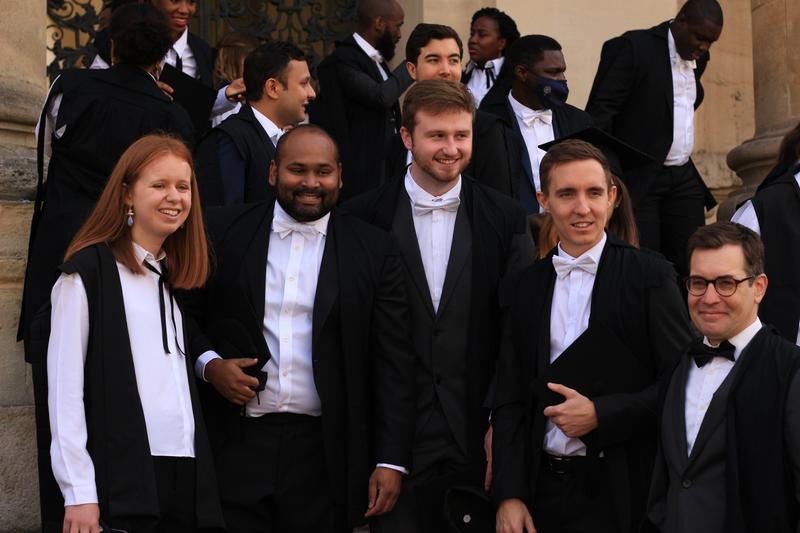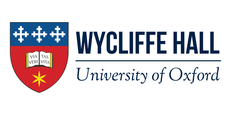History
Christian witness in Oxford
There has been a long history of Christian witness in Oxford. It began with a young Saxon princess, Frideswide, who established a church and monastery here in the 8thcentury. The first University colleges were Christian foundations, each with its own chapel. The plan of the medieval city was laid out with clear Christian symbolism: the tallest tower of St Mary’s, the University Church, stands at the very centre of a city.
John Wycliffe himself (his name is spelt in numerous different ways: Wyclyff, Wyclif, Wickliffe) promoted the translation of the Bible from Latin into English. However his controversial writings were forbidden and he was excluded from the University. This was followed by the turbulent years of the Reformation, when three leading Christian bishops, Ridley, Latimer and Cranmer who all advocated the principles of justification by faith alone and the supreme authority of the Scriptures, were martyred in Broad Street. The young Wesley and Whitefield also studied at Oxford, where the Evangelical Revival began in the 1730s, followed a century later by the catholic revival within Anglicanism, known simply as ‘The Oxford Movement’. C.S. Lewis and the Inklings were prominent Oxford personalities in twentieth century.
Wycliffe Hall's Early Years

Wycliffe Hall was founded in response to changes both in the University of Oxford and in the Church of England.
For many centuries all students in the University studied theology, making it the natural place of training for future ministers in the national church. By the middle of the 19th century, however, the University was increasingly secularized so new models for ministerial preparation were needed, with a focus on biblical, theological and pastoral studies. Those with an evangelical commitment to biblical faith and mission, indebted to the insights of the Reformation and the Evangelical Revival, wished to safeguard this heritage and train the leaders of the future.
In its early years Wycliffe Hall was associated with key evangelical leaders such as J. C. Ryle, Frank Chavasse and Griffith Thomas. After steady growth over several generations, student numbers dropped dramatically in the 1960s. This was seen as a result of Wycliffe’s embracing a more liberal theological position during that decade. The situation was reversed with the appointment of a new Principal in 1970, from which time Wycliffe has gone from strength to strength, not least through upholding a clear commitment to biblical orthodoxy.
Wycliffe today: within the University of Oxford
The Hall became a Permanent Private Hall in 1996 within the University of Oxford in recognition of its established reputation as a centre of high-quality education.
As a result, Wycliffe is an integral part of the University and all our students are enrolled on a wide variety of University degrees and courses. Importantly, however, Wycliffe retains its independence, being governed by an independent Council whose members must sign the Hall’s Trust Deed. This deed safeguards the Hall’s evangelical commitment to biblical theology and Christian mission.
This combination – being an integral part of the University yet also independent – gives Wycliffe Hall its distinctive status. We are a community that is committed to the historical Christian faith, while also being a constituent part of one of the world’s leading universities. This unique combination gives us a unique calling, to be advocates of the Christian faith within contemporary University-level debates and to equip the Christian leaders of the future by engaging students in rigorous theological study at the highest possible academic level.





